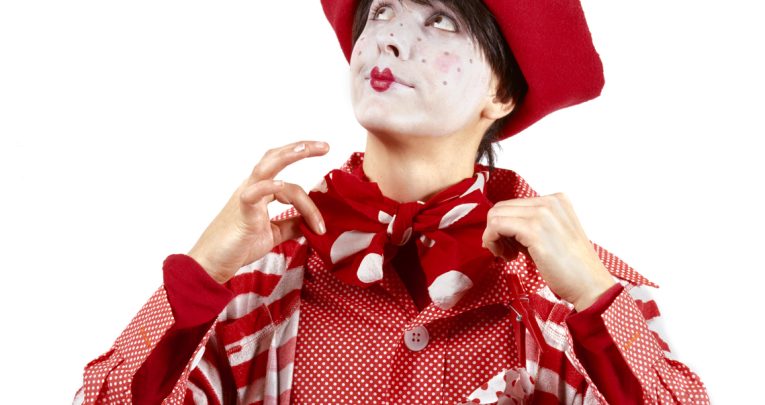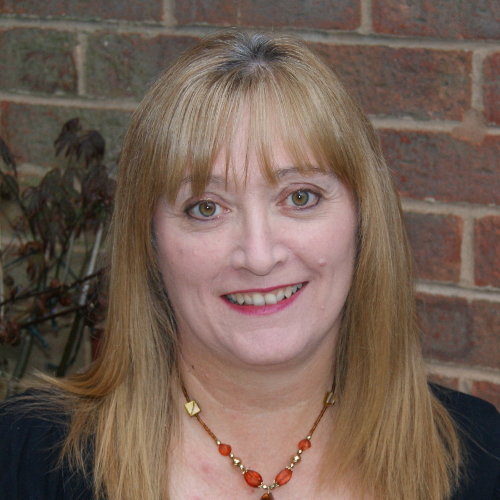7 Reasons for Primary Schools to Hire a Touring Theatre

Get all the benefits of a school trip, without having to leave the school hall…
One of my most enduring childhood memories is of a touring theatre group that visited my primary school in the late sixties.
The actors worked with our class for the whole day and I still remember the enjoyment and boost in confidence that day gave me. We performed alongside the group, learning about different cultures and how their lifestyles were different to our own.
It was fun, exciting and totally different to anything we’d done before.
I spoke to former Stagecoach teacher Daisy Stratford, who is now owner of the Tiger Touring Theatre, about the positive impact a touring theatre can have on your class.
1 | Boost confidence
Lack of confidence can affect a child’s ability to achieve. “Performing is a great way for children to overcome shyness and boost their confidence”, says Daisy.
“As a child I was extremely shy but drama and performance helped me to grow in confidence. When performing, children don’t need to feel they might be embarrassed by saying the wrong thing. This is so important when learning, as so many children are too scared to speak up in case they are wrong and laughed at.”
2 | Build stronger relationships
Any theatre production demands the actors work together to present a show and this applies whether it’s a West End musical or a ten minute improvisation.
Daisy says, “When children get involved in performance it encourages them to work as a team and, in the case of a touring theatre, they feel a sense of belonging as they are helping out the actors.”
Every child has a part to play in the activities so no one feels left out and new friendships and bonds can be formed that can have a positive impact on your overall class achievement.
3 | Develop communication skills
Performance allows children to find a level of self-expression they may have previously been unable to reach. It can help them make sense of their emotions and develop new ideas to express themselves.
Daisy says, “Children often learn through doing things and joining in using their voices, bodies and facial expressions, rather than just listening or writing about something. If their feelings are involved they become fully engaged. This makes it much more of a memorable experience than just trying to remember something someone has told you.”
4 | Get excited about learning
A visiting touring theatre can inject a renewed enthusiasm for learning. Daisy says, “One of the key points about performing is that children learn so much when they are having fun at the same time.”
Key messages can be embedded within a performance based workshop and children are encouraged to take ownership of the learning activity. This helps them to care. They become excited about their work because they have invested emotionally in its creation.
5 | Encourage physical activity
Getting involved in a performance can be very energising for a child and a good form of exercise. Movement, singing and dancing can enhance the mood of your class and may even trigger a lifelong love of it.
“Most children don’t like to sit still doing nothing and love to join in with songs and movement”, says Daisy. Dancing and movement to music can be a good alternative for children who don’t enjoy sport and all the competitiveness that often goes with it.
6 | Enhance creativity
Daisy says, “Performance can help children to think on their feet and this can aid their academic and creative development. Children love a touring theatre because it is often funny, colourful and interactive so they are relaxed, engaged and can join in with being creative.”
It can help your class to approach subjects from a new angle by using different areas of the brain to tap into their creative side. Previous problems that may have seemed impossible to solve can often be overcome when seen in a different way.
7 | Develop compassion
“Being part of a whole-class activity can develop empathy and compassion as the children work towards a common goal,” says Daisy.
Just as the audience is as important as the performance itself, so the children learn how to appreciate each other’s efforts and encourage each other to do their best. The focus becomes about achieving success together, rather than winning or losing as individuals.
This can be incredibly significant to the overall learning experience in the classroom.












